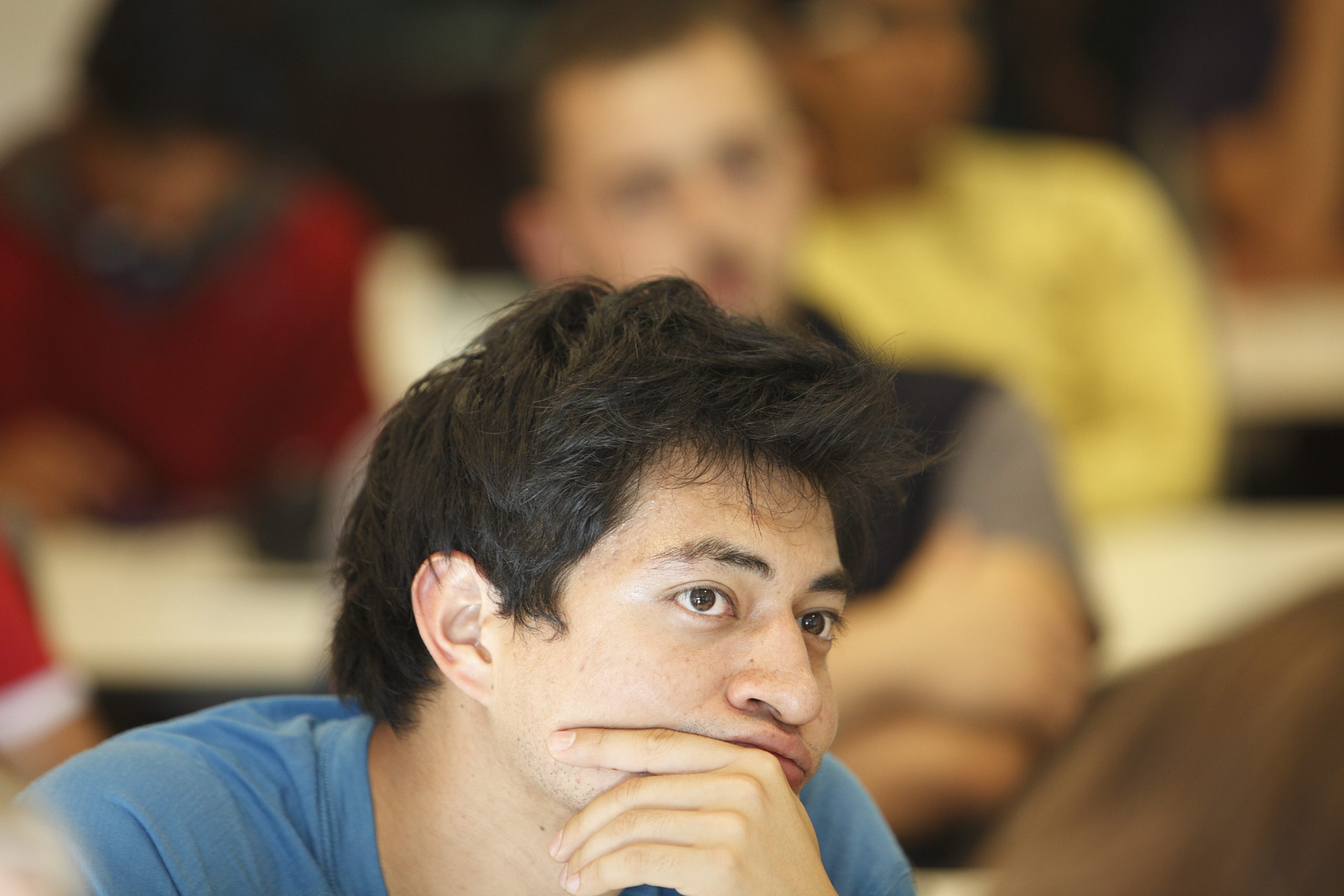For some international students it’s for experience or pocket money while for others it’s to help with the crippling student loans back home. Combining work with study requires good planning.
For most of his first year in the Netherlands, Oscar Jarabo’s life was a hectic blur of activity. The 31-year-old had just arrived from Spain to do his M.Sc. in MOT. He also took on a job with Simteq, a technical company, to finance himself. His biggest compromise was his personal life – it was at a standstill. “I knew my financial situation and I was prepared to put in the hours.” The good news is, his dedication paid off. “I can focus on my thesis in my second year since I managed to save enough money last year.”
Though not everyone has the same happy ending, several international students make the same choice. Their reasons vary. For some it’s for experience or pocket money while for others it’s to help with the crippling student loans back home. “It was one of the questions most international students asked us during Introduction Week,” said Sujaya Shinde, 25, a member of student organisation Diss. In September, the organisation arranged a Career Event and invited student employment agencies such as StuD and Kojac to explain the rules and possibilities to new international students. Unlike Dutch nationals and students from European Union countries, non-EU students are only allowed to work for 10 hours a week. Swati Minocha, 24, from India says the rule has two sides. Doing her M.Sc. in TPM, she works as a teaching assistant as well. “Earlier, I thought it [the 10-hour clause] was biased because most students want to be able to support themselves, but now I think it’s enough. It becomes tough to handle more than that alongside your academics,” she says.
In her first year Minocha scheduled her hours well enough to allow for weekends out and free evenings. “The schedule is flexible and you have to work with a deadline. So it’s up to you to work out which days to dedicate to work,” she says.
Amy Cheung (name changed on request), an M.Sc. student from Taiwan, found it hard to stretch her budget to include extras. She decided to work a few hours each week to make extra cash. On Mondays, she cleans house for a couple living in the Centrum. “I only work two hours a week, so it’s not difficult to keep track of classes. Once I have scheduled everything it’s easy. And this way, I never have to think twice before going out on a weekend or buying something nice,” she says. Ran Qedar, the president of Diss, agrees that planning is the key. “You have to plan ahead and schedule time for your papers and assignments as well,” he says. Half European and half Israeli, Qedar is doing his M.Sc. in Aerospace Engineering. During his first year he worked as TA and is now working as a student intern at Shell. He points out another problem some students face. The work permit for non-EU students typically takes up to five weeks to process, a time lag most employers are wary of.
Cheung adds, “Most employers want students who can speak in Dutch, so that’s another problem. But it’s okay. At the end of the day, studies are most important for us.”
This is the first article on work and the international student in a series of three.



Comments are closed.